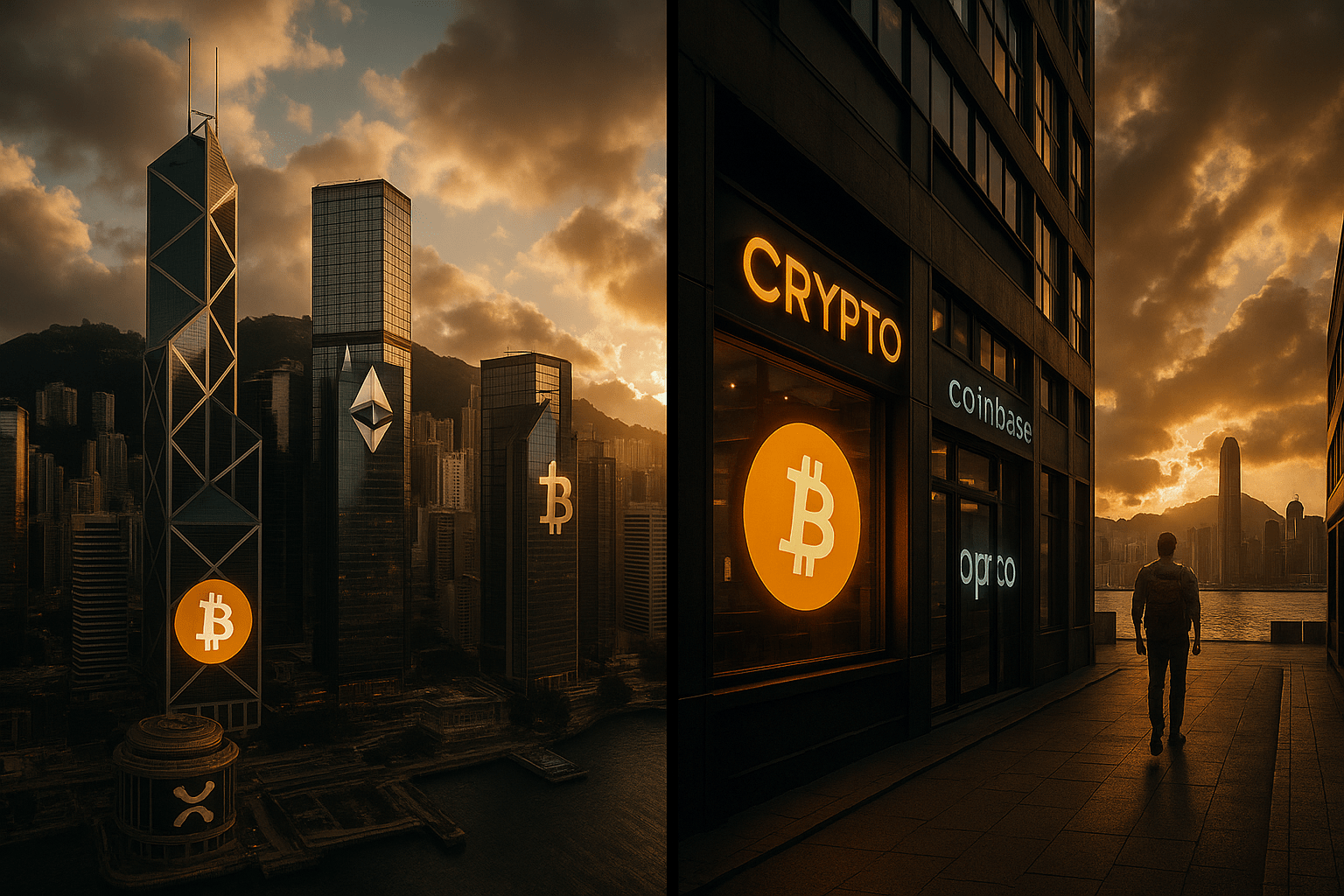
The cryptocurrency industry in Hong Kong is staging a magical realism drama. On one side are traditional financial giants like HSBC and Standard Chartered making a high-profile entry, providing banking services for compliant crypto enterprises and launching various crypto investment products; on the other side, early Crypto Native entrepreneurs and investors are packing up and moving to places like Singapore and Dubai. This stark contrast perfectly illustrates the meaning of sharing a bed but having different dreams.
The enthusiasm of traditional financial institutions came somewhat suddenly but is not hard to understand. The clear framework provided by Hong Kong regulators reduces compliance risks, the growing customer demand creates business opportunities, and the pressure of global competition forces them to make moves. For these century-old establishments, cryptocurrency is just another asset class, another profit growth point. They have the resources to meet strict compliance requirements and the brand to earn regulatory trust.
But for native crypto entrepreneurs, Hong Kong is becoming increasingly unfamiliar. The high compliance costs make it difficult for small teams to endure, complex regulatory procedures stifle the vitality of innovation, and the bureaucratic style of layered approvals is at odds with the rapid iteration of the crypto world. What’s more critical is the cultural clash; when you are used to a 24/7 work environment where code is law, suddenly having to adapt to a traditional financial culture of 9-to-5 and overwhelming paperwork creates a suffocating sense of dislocation.
This differentiation reflects the inevitable trend in the development of the crypto industry. The era of barbaric growth is coming to an end, and compliance and institutionalization are becoming mainstream. But the question is, when cryptocurrency loses its rebellious spirit, and innovation is shackled by compliance, is it still the world-changing force we once knew? Hong Kong is building a compliant crypto center, but what might be lost is the soul of innovation.
Geographical arbitrage has become the choice for many native players. Singapore offers a more flexible regulatory sandbox, Dubai attracts talent with tax incentives, and even some small countries in Southeast Asia are actively embracing crypto innovation. The movement of talent and capital has always voted with feet; when a place becomes unsuitable for living, migration becomes inevitable.
The challenge Hong Kong faces is how to find a balance between regulation and innovation. Excessive regulation can stifle innovation, but complete laissez-faire can bring risks. Currently, the balance clearly tilts towards regulation. Perhaps this is the price to pay for becoming an international financial center, but the cost may be losing the opportunity to become a global center for crypto innovation. This choice is neither right nor wrong, just different paths, and time will prove which path leads to the future.



